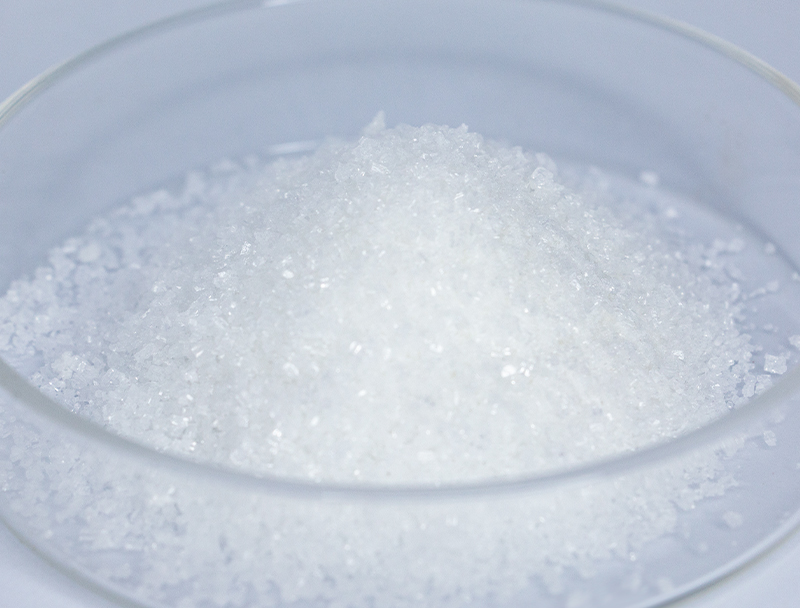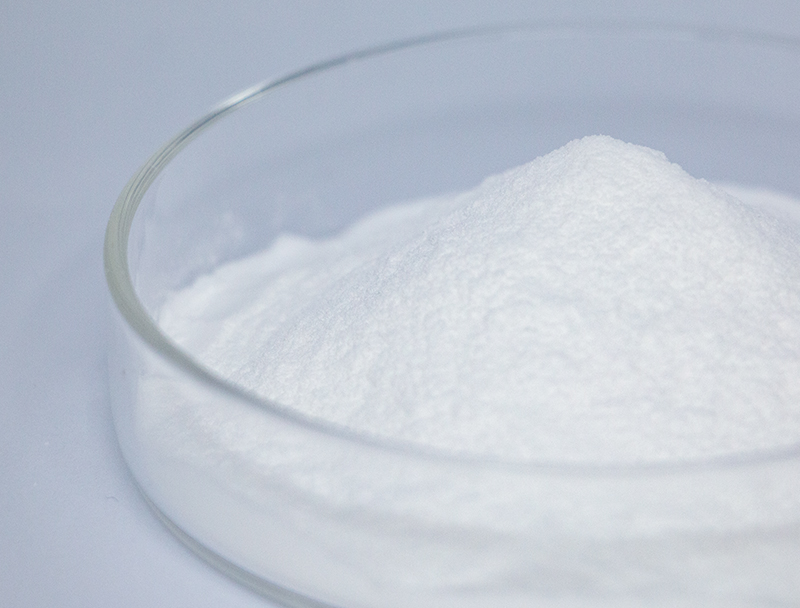
Modern biofabrication is grounded in a diverse spectrum of raw materials to supply inventive bioproducts.
Ensuring long-term supply of raw inputs remains essential to industry resilience and responsible expansion.
many concerns related to standard raw input procurement like ecosystem disruption and unsustainable harvesting. Hence, industry players ought to pursue innovative supply solutions to lower carbon burdens.
- Cases of responsible feedstock strategies feature:
- Using repurposed agricultural residues as substrates
- Installing reclamation workflows to diminish waste and heighten recovery
- Teaming up with provincial partners who practice sustainable procurement
Shifting to ethical sourcing drives environmental value and long-term commercial viability.
Maximizing Feedstock Quality for Increased Biofuel Output
Optimizing biofuel yields depends strongly on feedstock quality and makeup. Investigators regularly test new routes to upgrade biomass inputs, yielding greater biofuel outputs and greener energy prospects. Approaches include genomic enhancements to boost biomass growth and processing methods to convert complex lignocellulose into fermentable sugars.
- In addition, projects pursue feedstocks like algae, waste fractions, and harvested residues to enlarge the selection of eco-friendly biomass for bioenergy.
- By means of ongoing innovation the biofuel sector can achieve substantial advances soon, shaping a cleaner energy future.

Enhanced Upstream Strategies for Biopharmaceutical Yield
spans early manufacturing steps including propagation and cell separation Contemporary breakthroughs have refined protocols and elevated product throughput.
Important innovations consist of upgraded cell platforms, customized nutrient matrices, and smart bioreactor solutions. These strategies improve manufacturing efficiency and lessen cost and ecological effects.
- In addition, momentum toward nonstop processing offers improved flexibility and optimized operational flow.
- This shift towards more sophisticated biopharmaceutical manufacturing methods promises to revolutionize the industry and pave the way for faster development of novel therapeutics.

Advances in Gene Editing to Boost Therapeutic Production
progresses in gene editing technologies, such as CRISPR-Cas9, have revolutionized the production of biopharmaceuticals. By accurate genomic tuning, developers enhance yields of critical biopharmaceuticals. The approach may facilitate scalable, low-cost therapeutic production for numerous diseases.
Microbial Biotechnology as a Sustainable Cleanup Strategy
promising microbial strategies enabling effective environmental cleanup and restoration. Various microbial strains are capable of breaking down toxins into safer constituents.. Using microbial biotechnology enables remediation strategies that balance effectiveness with ecological protection. Scientists evaluate varied microbes for potential to remediate metal contaminants, pesticide compounds, and oil-derived pollutants.. They can be integrated into bioreactor platforms or introduced in the field to stimulate microbial breakdown of hazardous compounds..
Biotechnology-driven remediation delivers notable upsides compared to conventional cleanup tactics. Microbe-driven cleanup typically costs less and generates fewer dangerous byproducts. Furthermore, microbial solutions are highly specific, allowing for the remediation of particular pollutants without disrupting the broader ecosystem. The domain advances quickly, concentrating on raising reliability and performance of microbial cleanup methods.
Informatics-Driven Strategies for Drug Design
Advanced informatics contributes significantly to today’s drug research environment. From target selection to safety profiling, bioinformatics empowers rapid, data-informed therapeutic design.
- Using extensive genomic, proteomic, and patient data, analysts discover targets and anticipate therapeutic performance.
- Additionally, simulation tools enable prediction of binding and activity, guiding creation of more potent drugs.
- To conclude, computational approaches are revolutionizing discovery and reducing time-to-patient for effective drugs.
Pathway Engineering for Greater Bioproduct Yields
adopts varied approaches to raise biosynthetic yields of beneficial compounds. Strategies involve pathway refactoring by genetic modification, expression modulation for balanced flux, and grafting of novel genes to add capacity.. Through strategic metabolic edits practitioners can markedly increase the synthesis of target products.
This combined approach has capacity to change industries from drug manufacture to food production and bioenergy.

Upscaling Biopharma: Obstacles and Potential Gains
Upscaling therapeutic manufacturing brings major obstacles along with promising prospects. Preserving batch-to-batch quality when scaling up is a key challenge. Managing it necessitates robust automation, high-fidelity monitoring, and powerful analytical capabilities.

One issue is the complexity of biopharmaceutical manufacturing processes, which often involve multiple steps.. Transforming bench processes into industrial practice requires sustained research and engineering innovation. Nevertheless, the upside can be significant. Skilled scaling can enlarge supply, lower prices, and increase profit potential.
Numerous initiatives aim to tackle these scaling challenges. Examples include novel optimization technologies, predictive analytics for real-time control, and inventive production models.
- Product development and process R&D are pivotal to boosting production capabilities.
- Oversight institutions are updating guidelines to ease approval of manufacturing advances and catalyze innovation.
Mapping the Compliance Environment for Safe Therapeutic Development
Manufacturing biopharmaceuticals entails 5-Aminolevulinic acid detailed regulatory processes to copyright safety and clinical performance. Biologically based treatments require tailored oversight and production controls beyond those for typical medicines.
Agencies like FDA and EMA develop frameworks and criteria for validating and approving cutting-edge biotherapies..
Extensive evaluation procedures are essential across development phases, spanning preclinical work to post-market checks.. The processes aim to expose risks and ensure that treatments meet exacting safety benchmarks.
Also, governing institutions evolve their strategies to respond to swift advances in biopharmaceutical science.. Programs embrace modern technologies and foster development speed while maintaining patient-centered safeguards.

Exploring the Potential of Plant-Based Biomass Feedstocks in Bioplastics
Growing emphasis on eco-conscious materials catalyzes research into plant-based options. Plant-derived biomass as input for bioplastics represents a practical route toward greener materials. Renewable inputs including cornstarch, cellulosic matter, and sugarcane biomass can be processed into biodegradable plastics that minimize long-term pollution.
In addition, certain bioplastics match performance of petroplastics, enabling broad applicability in multiple sectors.. Continued research and innovation in this field are crucial to unlocking the full potential of plant-based biomass feedstocks in the manufacture of sustainable bioplastics, paving the way for a circular economy.
Biotechnology's Impact on Global Health and Food Security
Biotechnology has emerged as a powerful tool with the potential to revolutionize global health and address food security challenges. By harnessing genetic engineering, synthetic biology constructs, and advanced cell therapies, technologists deliver capabilities to reduce disease burden, raise crop outputs, and increase food value. For instance, genetically modified crops can be engineered to resist pests and environmental stresses, leading to increased agricultural production and reduced reliance on harmful pesticides.. Additionally, biotech enables faster vaccine development, novel antimicrobials, and precise diagnostics critical to infectious disease control and health improvement.. With persistent development, biotech stands to offer transformative solutions for global health and long-term food security.
